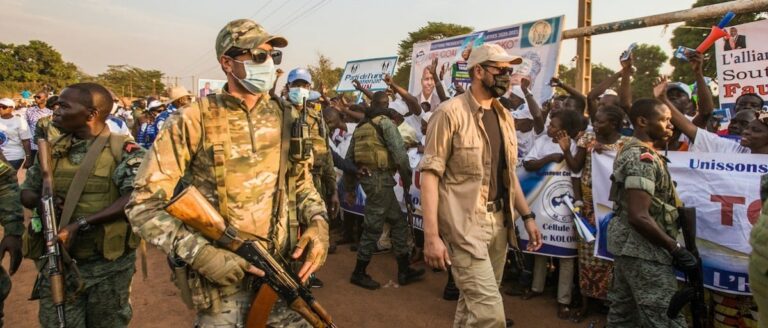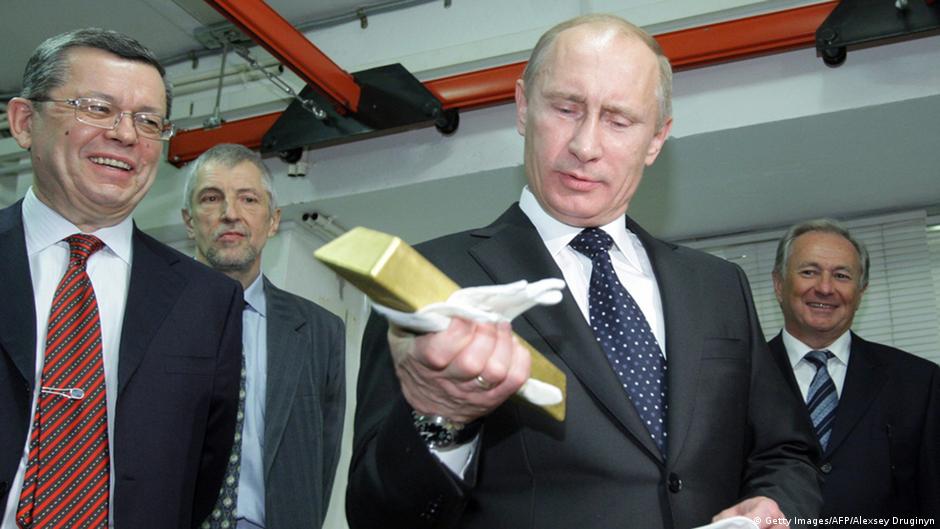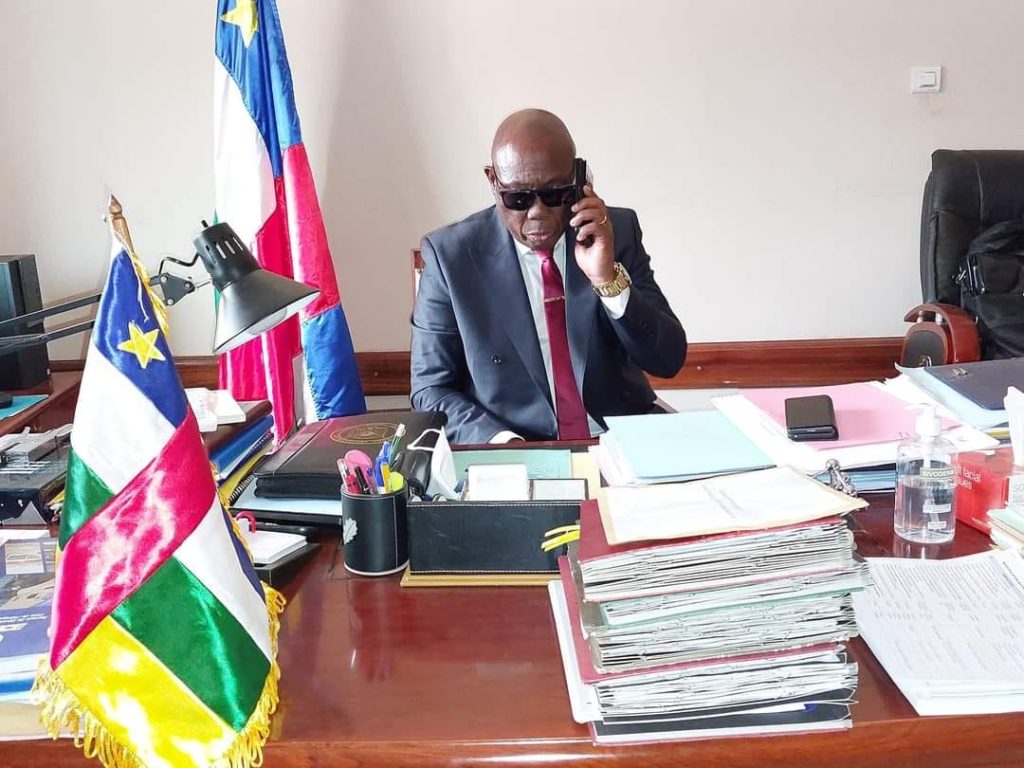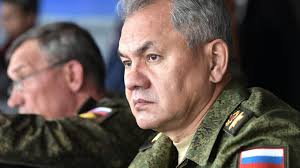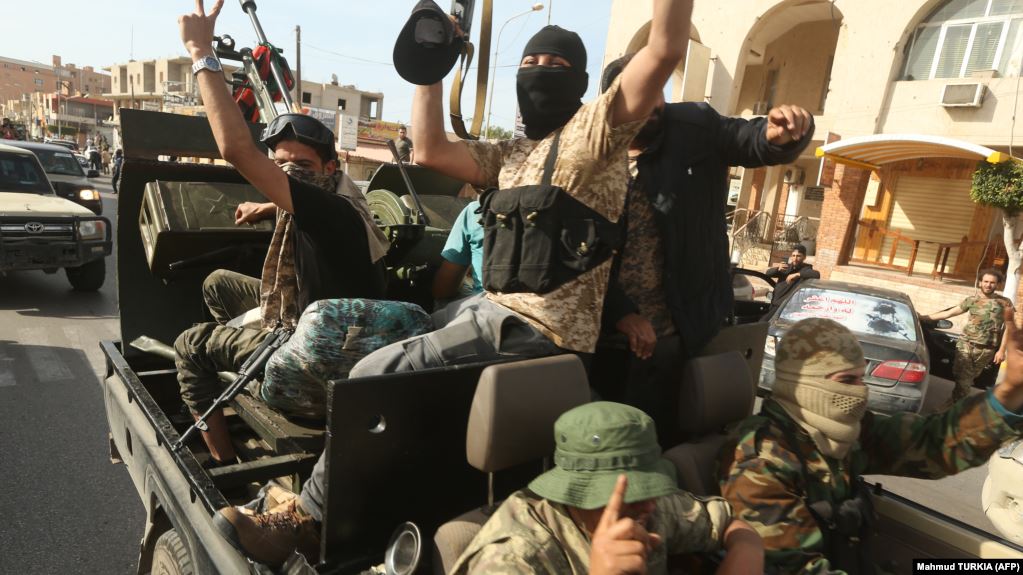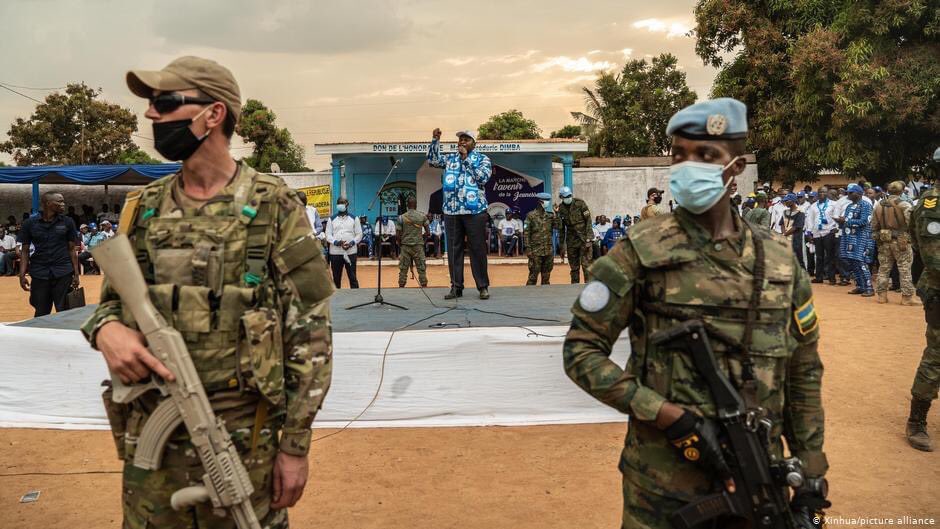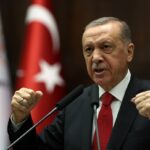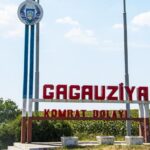President Faustin-Archange Touadera of the Central African Republic is mulling amendments to the country’s Constitution that will allow him to run for a third term. In January 2023, the Constitutional Court ruled as legitimate the plan to hold a referendum on constitutional reform.
Amendments to the CAR Constitution were prepared in Moscow before they were filed with the presidential administration through the Russian Embassy in Bangui. The Kremlin controls the president through their Wagner Group militants deployed in the country, performing the functions of presidential guards and controlling deposits of minerals bound for exports to Russia. De facto, Touadera’s dependence has turned the Central African Republic into a mineral colony of Russia and Vladimir Putin personally.
Amendments to the Constitution reset the terms in office of the incumbent President, Faustin-Archange Touadera.The former head of the Constitutional Court of the Central African Republic, Daniele Darlan, claims that in March 2022, she met with a Russian embassy official. This was the Embassy’s Second Secretary Yevgeny Migunov. He insisted that the court should lift the restriction that barred the president from serving more than two consecutive terms, which amounted to direct interference in the Republic’s affairs. The Russian diplomat was accompanied by Dmitry Sytiy, the handler of the Wagner Group units on the ground. Darlan snubbed the demand voiced by the Russians, and seven months later, she was removed from her post by presidential decree. This was the second known fact of personnel reshuffles in the country that occurred under Russia’s influence.
Her words are confirmed by the fact that on August 12, 2022, President Faustin-Archange Touadera announced a constitutional referendum to bring amendments to the CAR constitution. The initiative was proposed by the presidential majority in the country’s National Assembly. On August 26, Decree No. 22.348 created a Committee responsible for drafting a new Constitution.
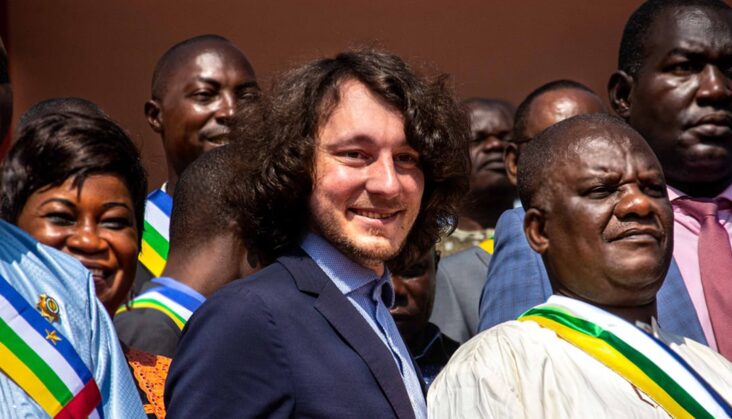
Dmitry Sytiy is an operative with Russia’s military intelligence and Head of the Russia House in the Central African Republic, which operates as a project supervised by the Russian Foreign Ministry. In December 2022, he was seriously injured by an IED blast in Bangui. Yet, he later returned to the CAR capital in April 2023.
In October 2020, it was Sewa Security Services, the company with ties to Wagner Group, that dealt with political issues and provided Touadera with all sorts of advisers. Valery Zakharov, who is affiliated with the FSB, and in direct contact with Bogdanov, Russia’s Deputy Foreign Minister for Africa and the Middle East, became Touadera’s security adviser. If Wagner’s efforts to help President Touadera retain power in the Central African Republic are justified, then the organization could become a magic wand for other authoritarian regimes in Africa, which will in turn increase Russia’s influence across the continent.

The case of the Russian operation in Bangui confirms that Wagner Group is in no way an independent actor. It has been integrated into sophisticated interagency operations coordinated and run jointly by several Russian intelligence agencies. The existing competition and confrontation between those actors rules out the conduct of such joint missions without top Kremlin supervision. Citing the CAR case, such interaction along the lines of the FSB, SVR and mil intel is obvious.
So this example compromises the version of Prigozhin’s operational independence as Wagner Group’s leader. This allows us to reconsider previous conclusions about the reasons behind Prigozhin’s demarches against Russia’s defense bosses. It is highly likely that Prigozhin is being exploited by the Kremlin as a tool to maintain a balance of power between the military and the security/intelligence community.
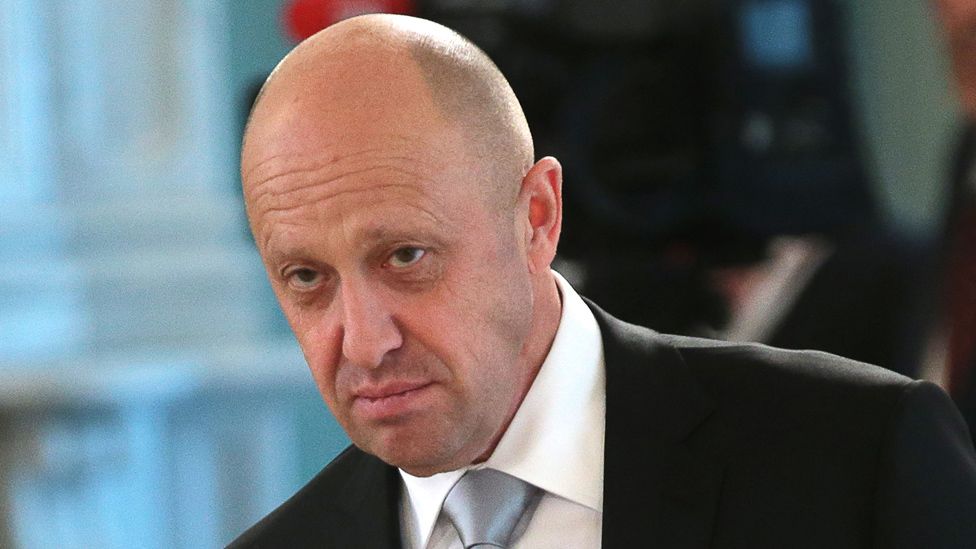
Read also: Yevgeny Prigozhin’s psychological profile
In 2021, Yevgeny Prigozhin’s political advisors monitored the elections as part of a cover operation for electoral meddling in Zimbabwe, the Congo, South Africa, and Madagascar. The outcome of those elections shows that the regimes in these countries have adopted a pro-Russian stance, which suggests that these efforts were quite efficient.
Reports of Wagner Group’s participation in the operation in the Central African Republic and other African countries, the efforts that are normally entrusted to the SVR intelligence service, proves that the Presidential Administration is further losing confidence in Sergei Naryshkin and his agency (SVR), choosing to delegate the relevant authority to Prigozhin. This is due to the fact that the matter in question concerns the business interests of Vladimir Putin and his close entourage (Kovalchuks-Vaino).
Loss of confidence in Naryshkin is also evidenced by a number of his recent harsh statements targeting the United States and United Kingdom. His latest rhetoric puts the intelligence chief on par with Dmitry Medvedev, deputy head of Russia’s Security Council, whose sweeping statements are generally fueled by the fiasco of his political career and his desperate attempts to still be seen and heard in the Kremlin.
We assume Naryshkin is likely extremely concerned about the futility of his claims to Russia’s top diplomatic post, inability to bring his country any tangible results as top spy, as well as his own responsibility for the failure in the preparation of the Ukraine operation. Besides, the recent mass expulsion of Russian “diplomats” dealt a serious blow to the capabilities of Russia’s military and political intelligence community. According to our estimates, the expansion of Prigozhin’s structures’ task range will inevitably lead the Kremlin to wrap the project up as such. The volume of tasks and commands Prigozhin is receiving will eventually make him a threat to the Putin regime. This, in turn, implies some radical scenarios for taking him out of the game. Therefore, the risks are mounting of losing critical evidence of Russia’s meddling in foreign nations through Wagner Group.


